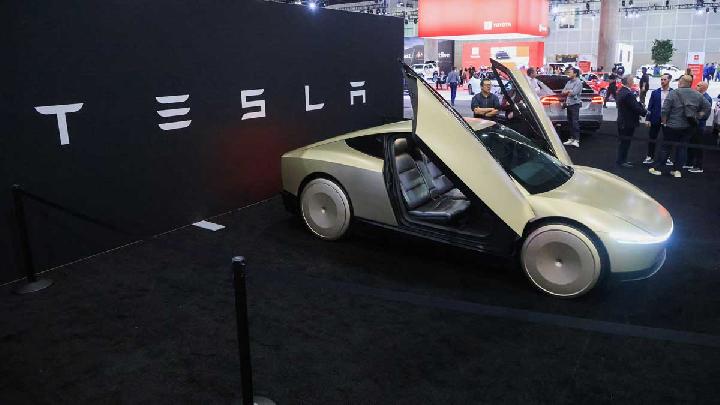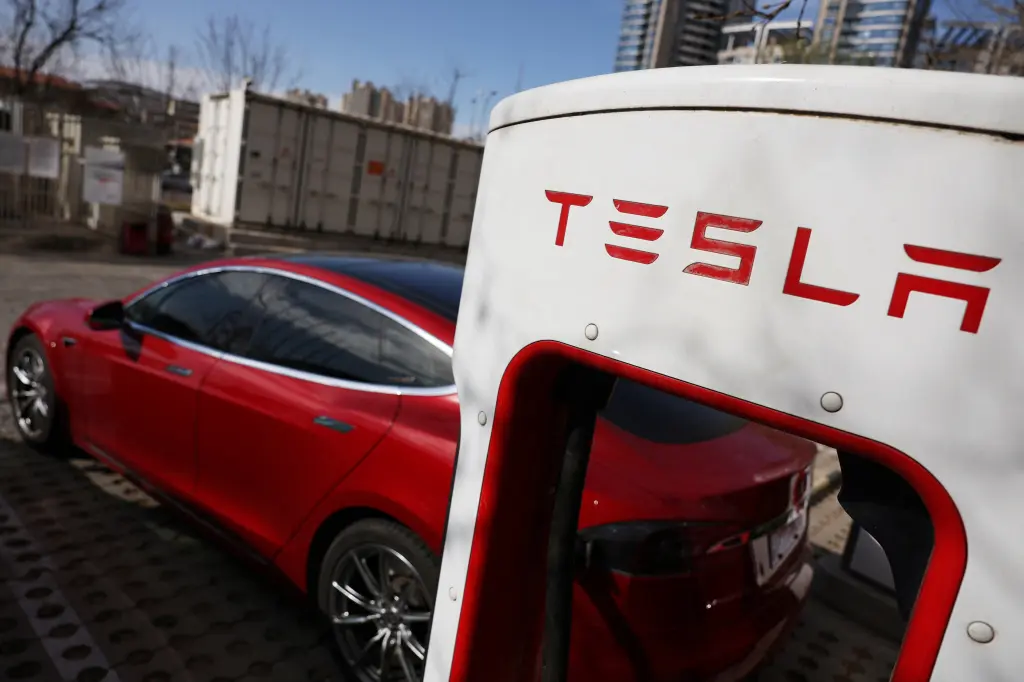Tesla is set to launch sales in Saudi Arabia next month, marking a significant milestone for the electric vehicle manufacturer in the Gulf region. The move follows a long-standing rift between CEO Elon Musk and the kingdom, which began with Musk’s failed attempt in 2018 to take Tesla private, after a controversial tweet claiming to have “funding secured” to make the move with the support of Saudi Arabia’s Public Investment Fund (PIF).
For years, Tesla had not been available for sale in Saudi Arabia, the largest market in the Gulf, despite the company’s presence in other Middle Eastern countries. The friction between Musk and the Saudi fund escalated when the bid to privatize Tesla ultimately fell through, resulting in a lawsuit and revealing tense text messages between Musk and PIF’s head, Yasir al-Rumayyan.
However, the relationship between Musk and Saudi Arabia appears to have significantly improved, especially in recent months. The thaw was marked by Musk’s high-profile appearance alongside Rumayyan and US President Donald Trump at a UFC event in New York last November, as well as a surprise virtual appearance by Musk at Riyadh’s Future Investment Initiative summit. Furthermore, Trump has expressed plans to visit Saudi Arabia soon, urging the kingdom to invest more than $1 trillion into the US economy over the next few years, including military purchases.

Tesla’s official launch event in Riyadh is scheduled for April 10, where the company will showcase its electric vehicles (EVs) and solar-powered products. The event will feature futuristic technologies, including the Cybercab—Tesla’s autonomous vehicle—and Optimus, a humanoid robot. Following the launch, Tesla will open pop-up stores in Riyadh, Jeddah, and Dammam on April 11, with plans for further investments in Saudi Arabia by 2025.
Despite challenges in the Saudi EV market, which accounted for only 1% of all car sales in 2024, Tesla’s entry is expected to stir interest and competition. Other EV manufacturers, including China’s BYD and PIF-backed Lucid Motors, are already making headway in the region. Tesla’s arrival, however, could drive the kingdom’s transition towards electric vehicles, even though road infrastructure remains a challenge due to the vast desert landscapes and the limited number of charging stations.
Musk’s improved relationship with Saudi Arabia also comes at a time when Tesla is facing difficulties in other markets. Sales in Europe have plummeted by 42.6% this year, with criticism directed at Musk’s leadership, particularly his involvement in sweeping cuts to the federal government, which has sparked protests in the US.
The launch of Tesla’s sales in Saudi Arabia signifies not only the company’s expansion into a new market but also marks the ongoing evolution of Musk’s relationship with one of the world’s largest sovereign wealth funds, potentially reshaping the future of EV adoption in the Gulf region.




